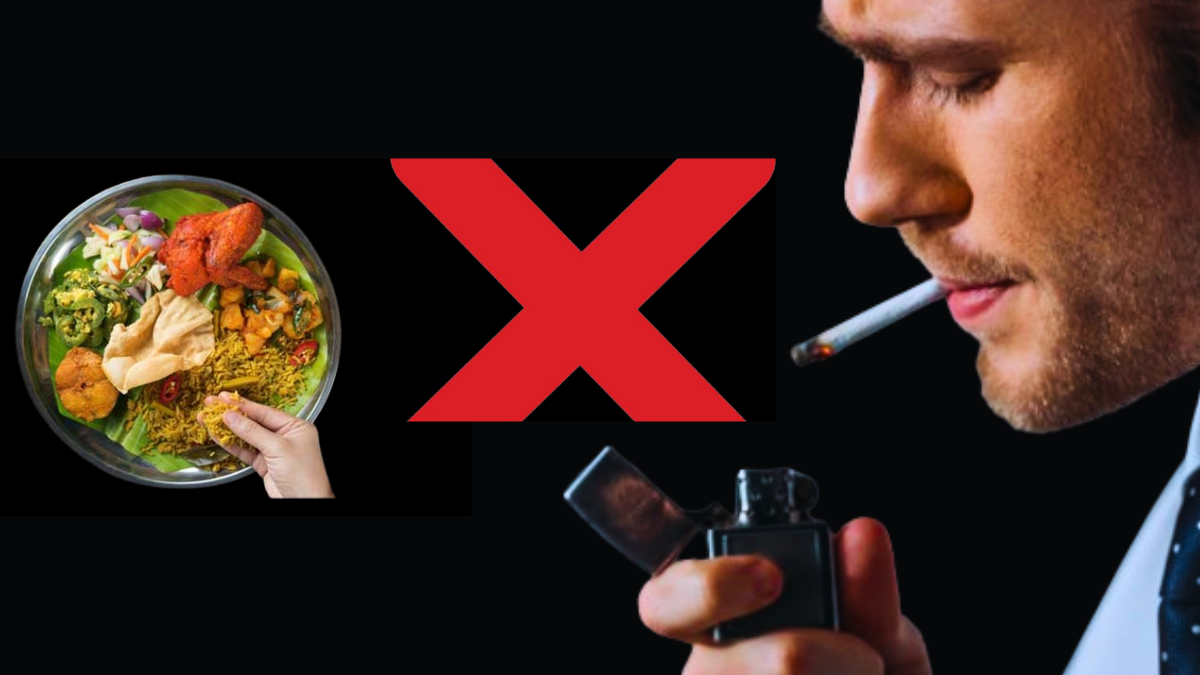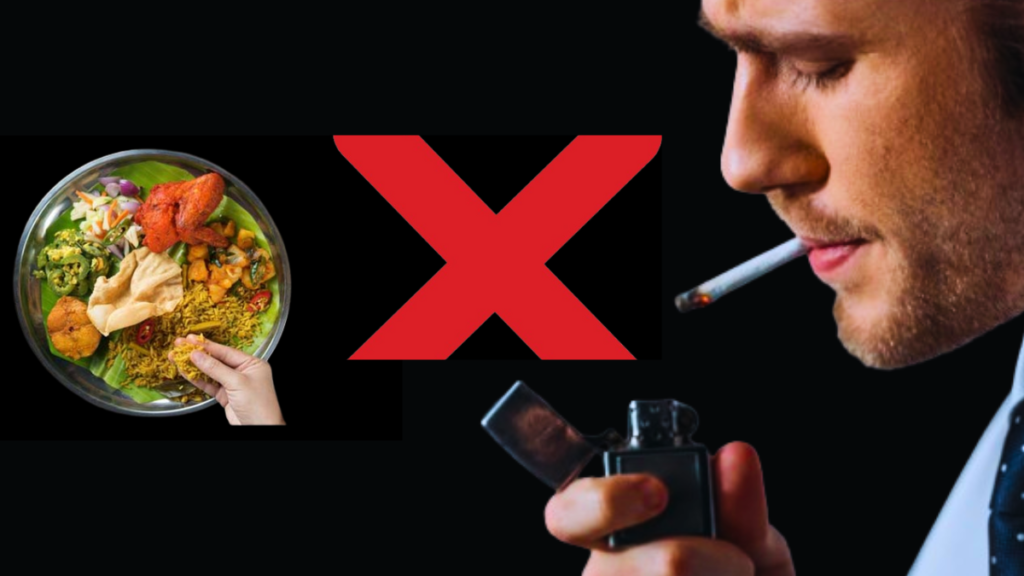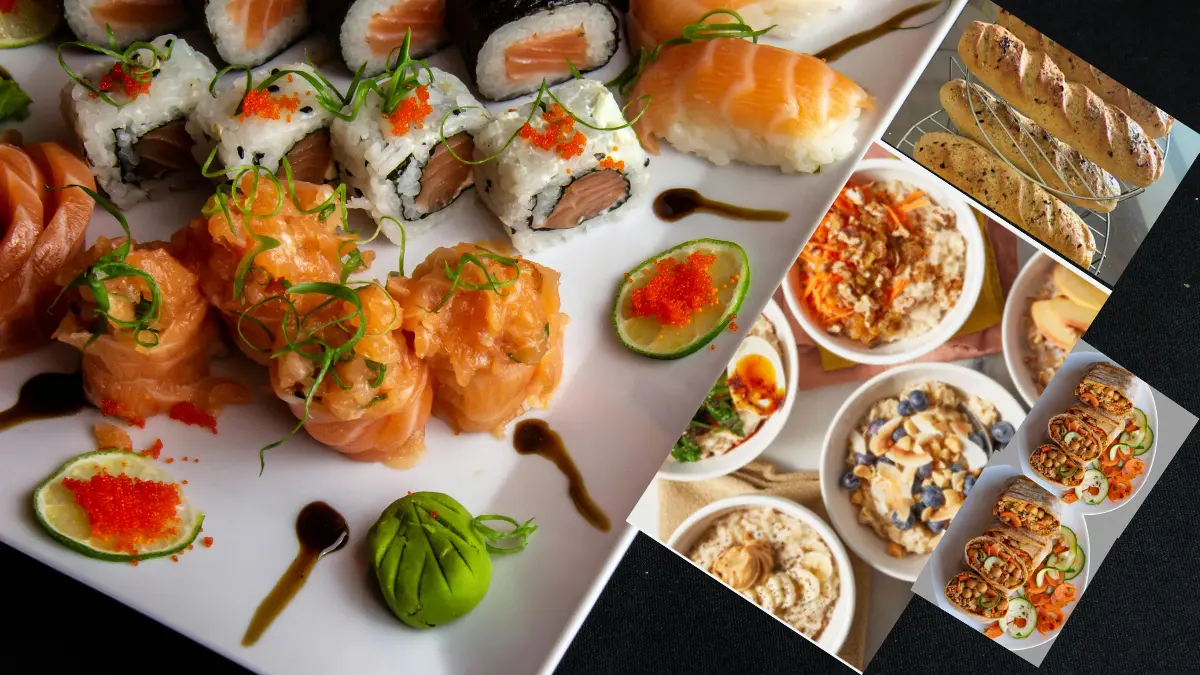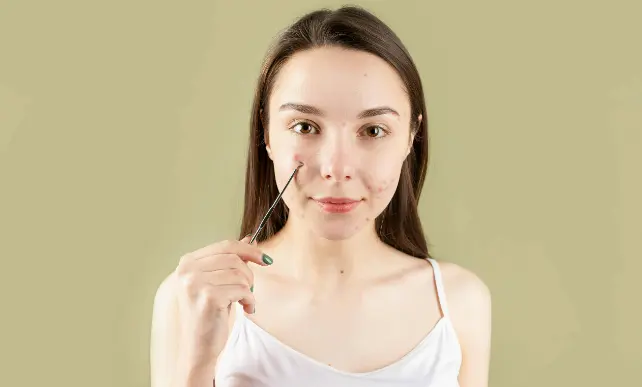Why You Should Never Light a Cigarette After a Meal

Many people have the habit of lighting a cigarette right after a meal. Smokers often do this because they think it helps with digestion or because they enjoy it. However, smoking immediately after eating is extremely harmful to your health. This post will explain why you shouldn’t smoke after a meal.

Smoking and Digestion
When you eat, your body gets busy digesting food and absorbing nutrients, with help from your stomach, intestines, liver, and pancreas. Smoking after a meal can mess up this process. This can make you feel bloated and uncomfortable, and it may cause digestive problems slowly.
Your body needs more oxygen to digest food, but smoking reduces oxygen by raising carbon monoxide in your blood. This can make digestion difficult and cause problems like indigestion and heartburn. It can also make it difficult for your body to absorb important nutrients.
Nicotine present in cigarette increases stomach acid. After eating, this may cause too much acid, leading to discomfort, acid reflux, and ulcers.
Read Also – Top 10 Best Sugar Alternative Foods For Healthier Life
Respiratory Problems
Smoking is known to cause breathing problems, and doing it right after eating can make these problems worse.
Smoking makes your lungs produce more mucus. After a meal, this can be particularly uncomfortable and lead to coughing and wheezing. Extra mucus can trap smoke particles, which increases the risk of lung infections and chronic bronchitis.
The nicotine and other chemicals in cigarettes can impair lung function. After a meal, your body is working hard to digest food, and smoking can add additional stress to your lungs and heart. This can make breathing more difficult and reduce your overall energy levels.
Read Also – 10 Foods You Should Never Store in the Fridge
Cardiovascular Issues
Smoking harms your heart and blood vessels, raising the risk of heart disease. Smoking after a meal can make these effects even worse.
Nicotine increases heart rate and blood pressure. After a meal, your body is already working harder to digest food, and smoking adds extra stress on your cardiovascular system. This may cause high blood pressure and increases the risk of heart attacks and strokes.
Smoking causes blood vessels to constrict, reducing blood flow to your organs and tissues. This is particularly harmful after a meal when your digestive organs need more blood to function properly. Less blood flow can hurt digestion and raise the risk of heart problems over time.
Oral Health
Your mouth is the first part of your digestive system and smoking right after a meal can have severe consequences for your oral health.
Smoking increases the risk of gum disease by reducing blood flow to your gums and impairing your immune response. After a meal, the presence of food particles and bacteria in your mouth can exacerbate this problem, leading to inflammation, infection, and eventually tooth loss.
Smoking already causes bad breath, but smoking right after a meal can make it worse. The combination of food particles, bacteria, and smoke can lead to a particularly unpleasant odor that is hard to get rid of.
Read Also – Top 10 Natural Foods cure Acidity
The Risk of Cancer
One of the most significant risks of smoking, in general, is cancer. Smoking after meals can increase this risk because your digestive system is more active, and harmful substances from the smoke can be absorbed more quickly.
Smoking introduces cancer-causing chemicals into your body. Since your digestive system is more active, these chemicals are absorbed more easily, increasing the risk of cancers in your mouth, esophagus, stomach, and pancreas.
Smoking is a known risk factor for esophageal cancer. The esophagus is particularly vulnerable right after a meal because it is actively transporting food to your stomach. The combination of smoking and the movement of food can increase the chances of cancerous changes in the esophageal lining.
Instead of lighting a cigarette after a meal, consider these healthier options:
- Go for a Walk: A short walk can help digestion and boost your mood.
- Drink Water or Herbal Tea: Drinking water or herbal tea after some time helps digestion and feels soothing.
- Practice Deep Breathing: Relax and reduce stress with some deep breathing exercises.
- Chew Gum or Eat a Healthy Snack: Chew gum or have a healthy snack to freshen your breath and reduce cravings.
- Engage in a Relaxing Activity: Read, listen to music, or do something you enjoy to unwind.
- Play with your pet: It’s fun and relaxing.
- Read a book: Enjoy a good story and unwind.
- Watch a funny movie: Enjoy some laughs and jot down your favorite lines.
- Write a to-do list: Organize your tasks for the day, week, or month.
- Take a nap: Rest and recharge.











